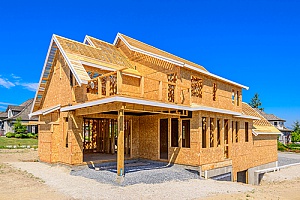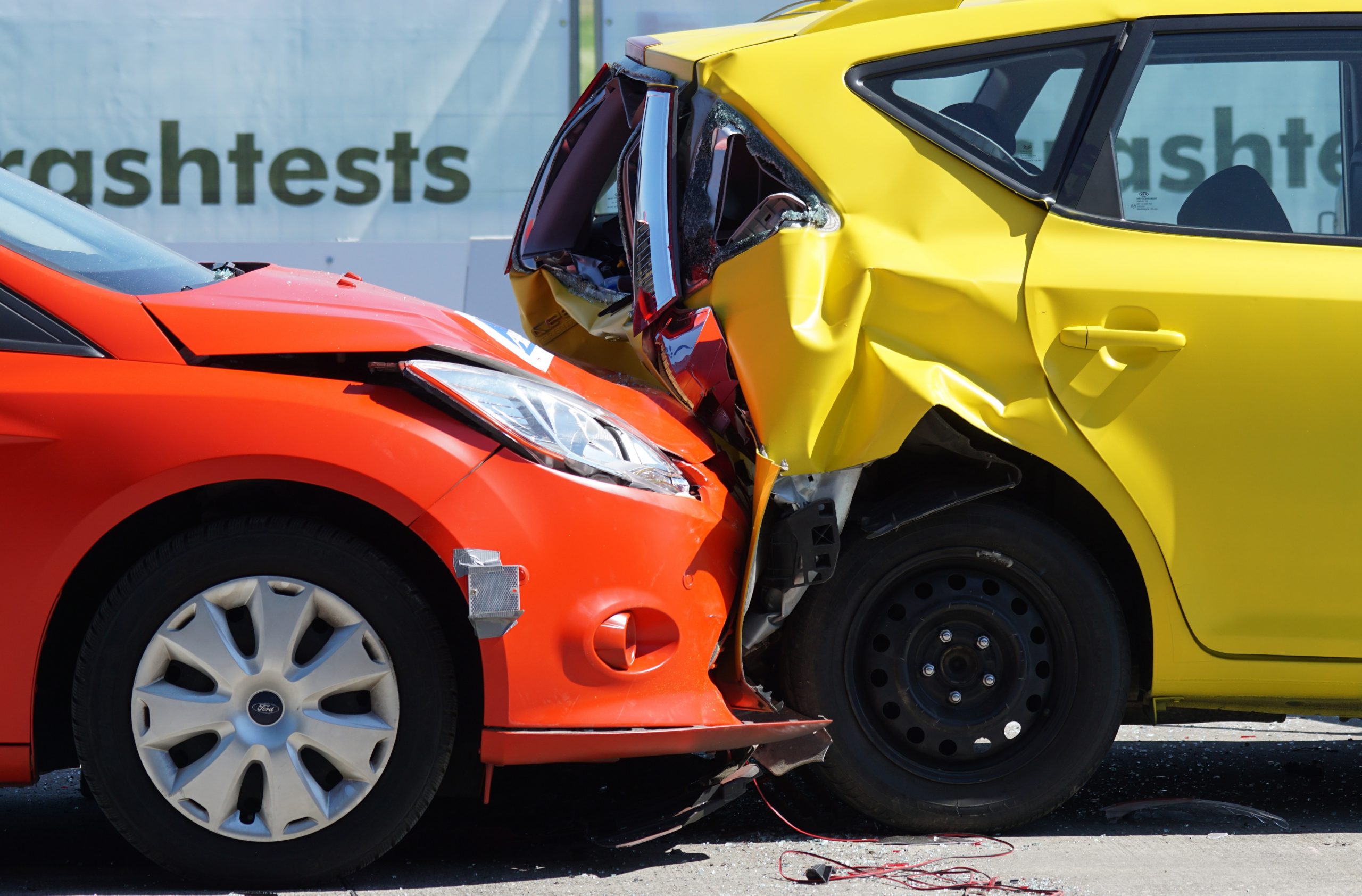Congratulations, you’ve decided to move forward with you home remodeling project. Home Remodeling Contractors need to be insured for your protection. The information below will speak to what is a remodeling contractor in Virginia, the wide variety of home remodeling insurance types, the necessary insurance for a Virginia of residential contractor insurance, how to check for an up to date policy and how to receive a certificate of insurance for your additional protection. Find out more below. Get the peace of mind you deserve, with a remodeling contractor who is properly insured.
1) What is a Virginia Residential Contractor
Virginia “Residential building contractors” (Abbr: RBC) means those individuals whose contracts include construction, remodeling, repair, improvement, removal, or demolition on real property owned, controlled, or leased by another person of dwellings and townhouses, as defined in the USBC, including accessory buildings or structures on such property. The RBC classification does not provide for electrical, plumbing, HVAC, or gas fitting services and does not allow construction, repair, or improvement, to commercial, industrial, institutional, or governmental use structures outside of dwellings and townhouses as defined in the USBC. The residential building classification includes but is not limited to the functions carried out by the following specialties for contracts of dwellings and townhouses, as defined by the USBC, and related accessory use buildings or structures: Concrete contracting Masonry contracting Home improvement contracting Painting and wallcovering contracting Industrialized building contracting Roofing contracting Landscape service contracting Swimming pool contracting http://www.dpor.virginia.gov/uploadedFiles/MainSite/Content/Boards/Contractors/A501-27REGS.pdf – Page 5
2) Types of Insurance:
A) Commercial General Liability Insurance
Commercial general liability (CGL) is a type of insurance policy that provides coverage to a business for bodily injury, personal injury, and property damage caused by the business’ operations, products, or injury that occurs on the business’ premises.
B) Builders Risk Insurance
Protects a person’s or organization’s insurable interest in materials, fixtures and/or equipment being used in the construction or renovation.
C) Automobile Liability Insurance
If you have liability insurance, your insurance provider will cover costs for the driver’s damaged car, bodily injury minus your deductible, and up to your covered limit.
D) Contractors Pollution Insurance (CPL)
Today, most CPL policies include a separate first-party coverage to minimize the insured’s liability or impact on the environment. CPL is available to any type of contractor performing operations or conducting work. From environmental or remedial contractors to general and specialty trades, CPL has become a viable financing option for environmental loss providing insurance for large or even catastrophic loss scenarios at a reasonable premium.
E) Roofers’ Insurance
To cover financial costs made by damages done to their client and/or any passers-by, roofers need this type of insurance.
G) Workers Compensation Insurance
Workers’ Compensation Insurance. Definition: Insurance that covers medical and rehabilitation costs and lost wages for employees injured at work; required by law in all states.Virginia Remodeling Contractor Insurance Requirements
3) Home Remodeling Insurance for Virginia
Insurance provides for protection to contractor clients. Contractors (a person or company) must have insurance in Virginia. The three basic types of insurance necessary for your protection in Virginia are: Commercial General Liability, Automobile Liability & Workers Compensation & Employers’ Liability Insurance
Commercial General Liability Insurance
General liability protects against physical injury to people or damage to property arising from your daily operations. Almost every business needs some form of general liability insurance. This protects company assets. Commercial general liability can help small businesses pay for unexpected lawsuits, sign deals with new clients, rent commercial space, and avoid bankruptcy. A Commercial General Liability (CGL) policy protects your business from financial loss should you be liable for property damage or personal and advertising injury caused by your services, business operations or your employees. It covers non-professional negligent acts. It protects you and your business. Independent contractors have the same legal obligations and liability exposures as larger firms. Damage to client property, bodily injury and harm or advertising injury can occur with independent contractors.
Automobile Liability Insurance
Auto liability insurance coverage helps cover the costs of the other driver’s property and bodily injuries. If you have liability insurance, your insurance provider will cover costs for the driver’s damaged car, minus your deductible, and up to your covered limit. Automobile liability insurance is financial protection for a driver. Financial protection is provided to the driver at fault. Automobile liability insurance only covers injuries or damages to third parties and their property, not to the driver or the driver’s property. The three primary automobile insurances are liability, collision, and comprehensive.
Workers’ Compensation Insurance
Workers’ comp does pay hospital and medical expenses that are necessary to diagnose and treat your job related injury. If unable to work, additional disability payments may apply. Typical payments are about two-thirds of your regular salary.
4) How to Check on Insurance
Get a copy of the home remodeling contractor’s insurance policy. If you like the contractor, don’t be shy, call the agent listed on the policy. Confirm the insurance policy is up to date. Take note of who you spoke to, the date and time. Keep this information with your remodeling contractor’s estimate.
5) Certificate of Insurance
A certificate of insurance is a document used to provide information on specific insurance coverage. This certificate provides verification of the insurance. The certificate will include information of the types and limits of insurance coverage.
Understanding Contractor Insurance Coverage
When hiring a home remodeling contractor, it’s crucial to ensure they carry the right insurance. Look for contractors with commercial general liability insurance, automobile liability insurance, and workers’ compensation insurance. This protects you from unexpected costs and provides peace of mind. Verify their coverage by asking for a certificate of insurance and checking the policy’s validity.
















































